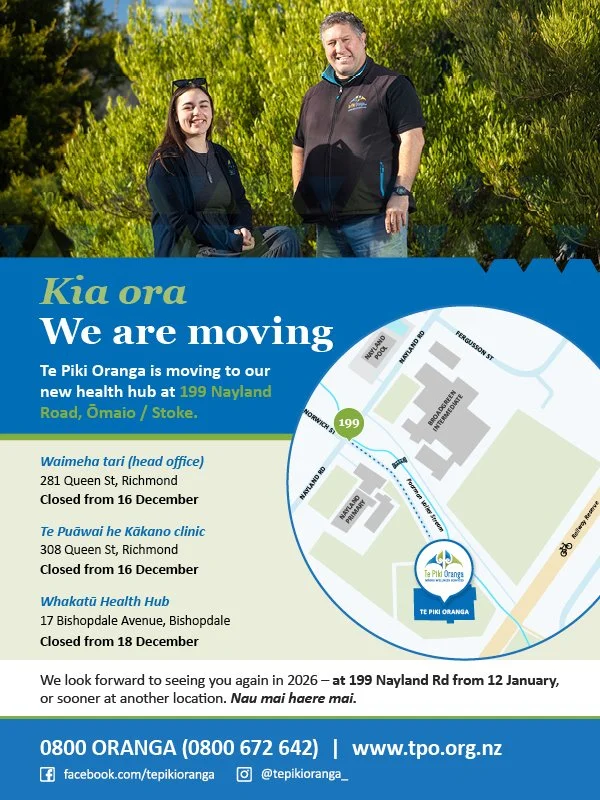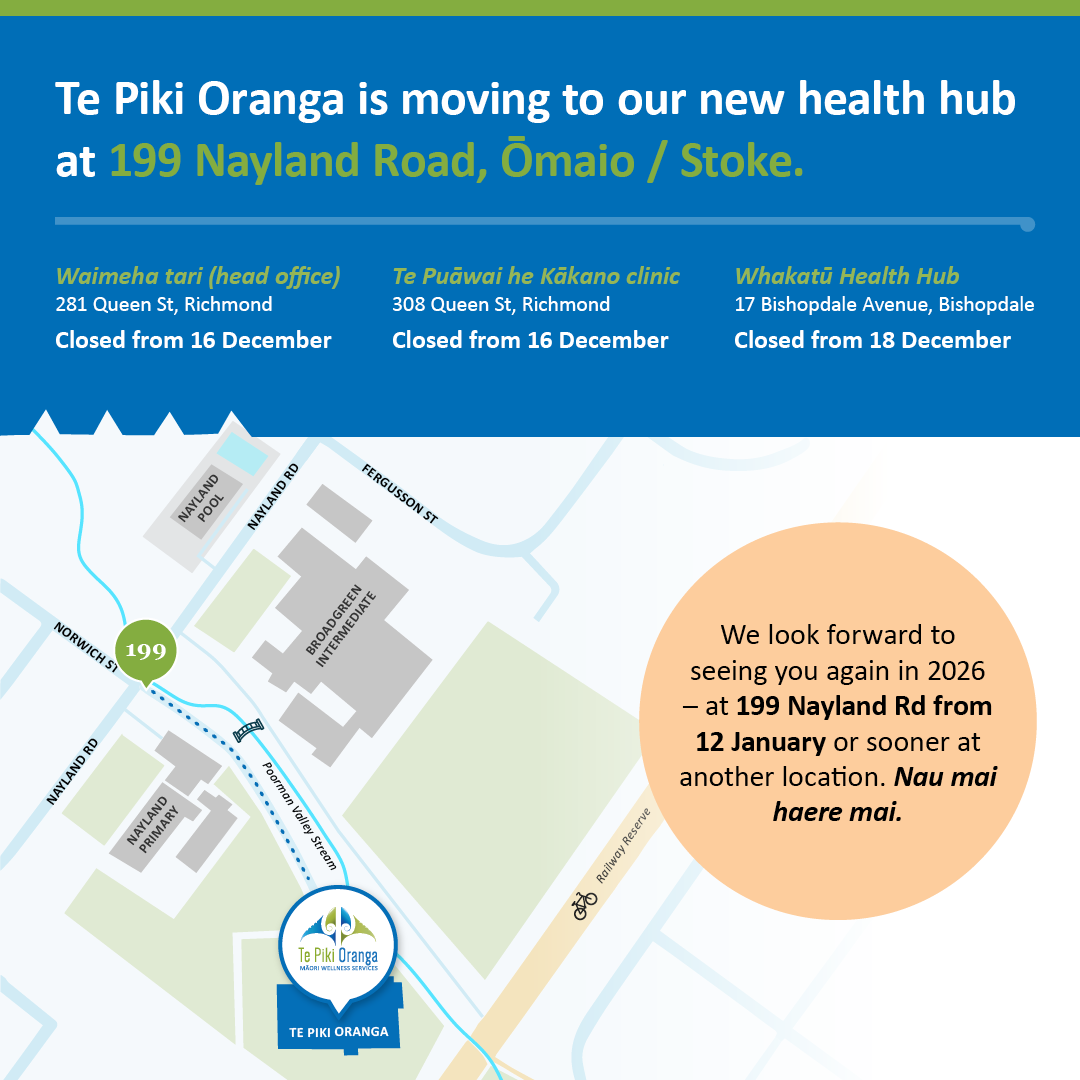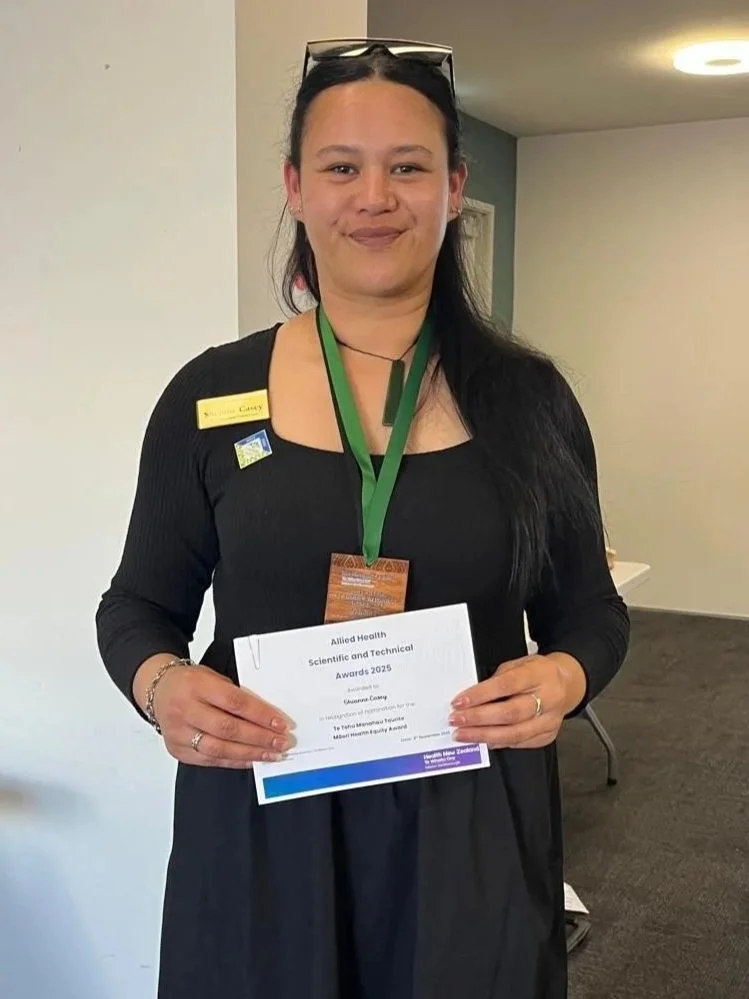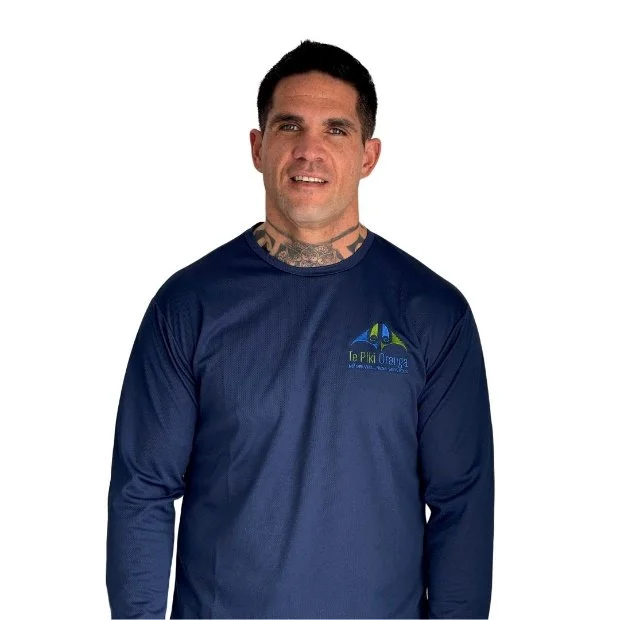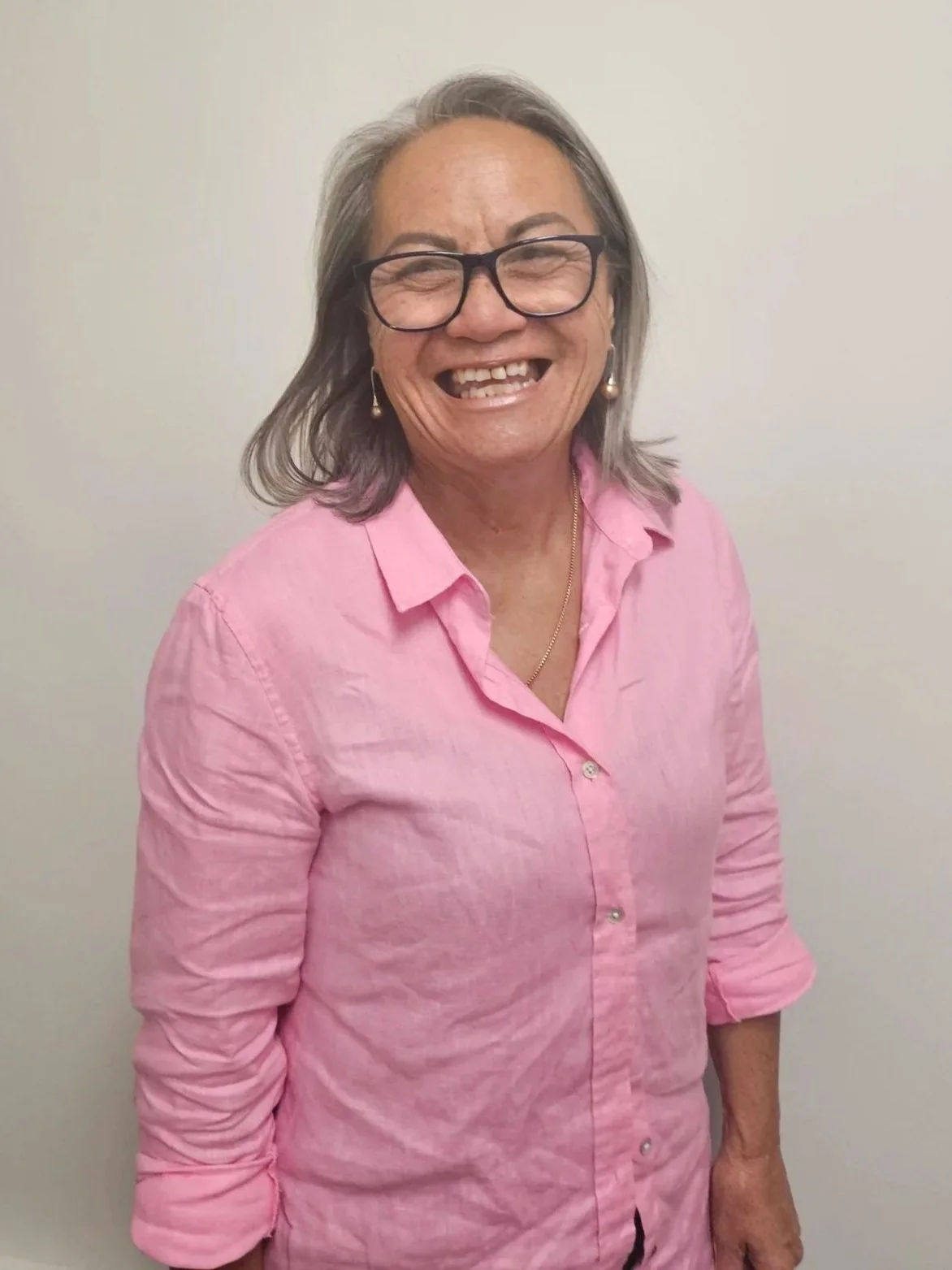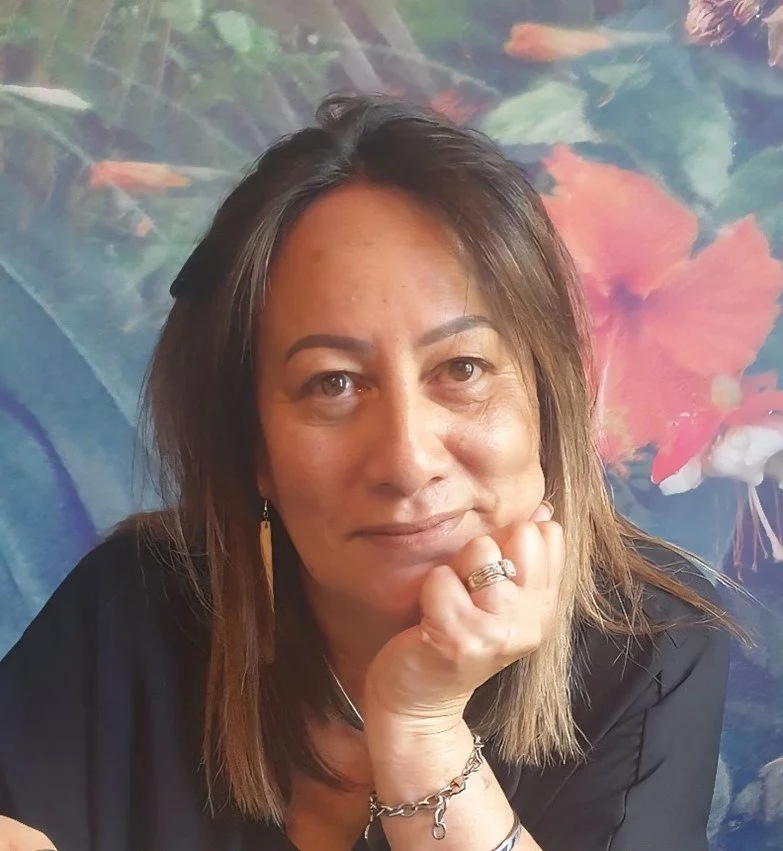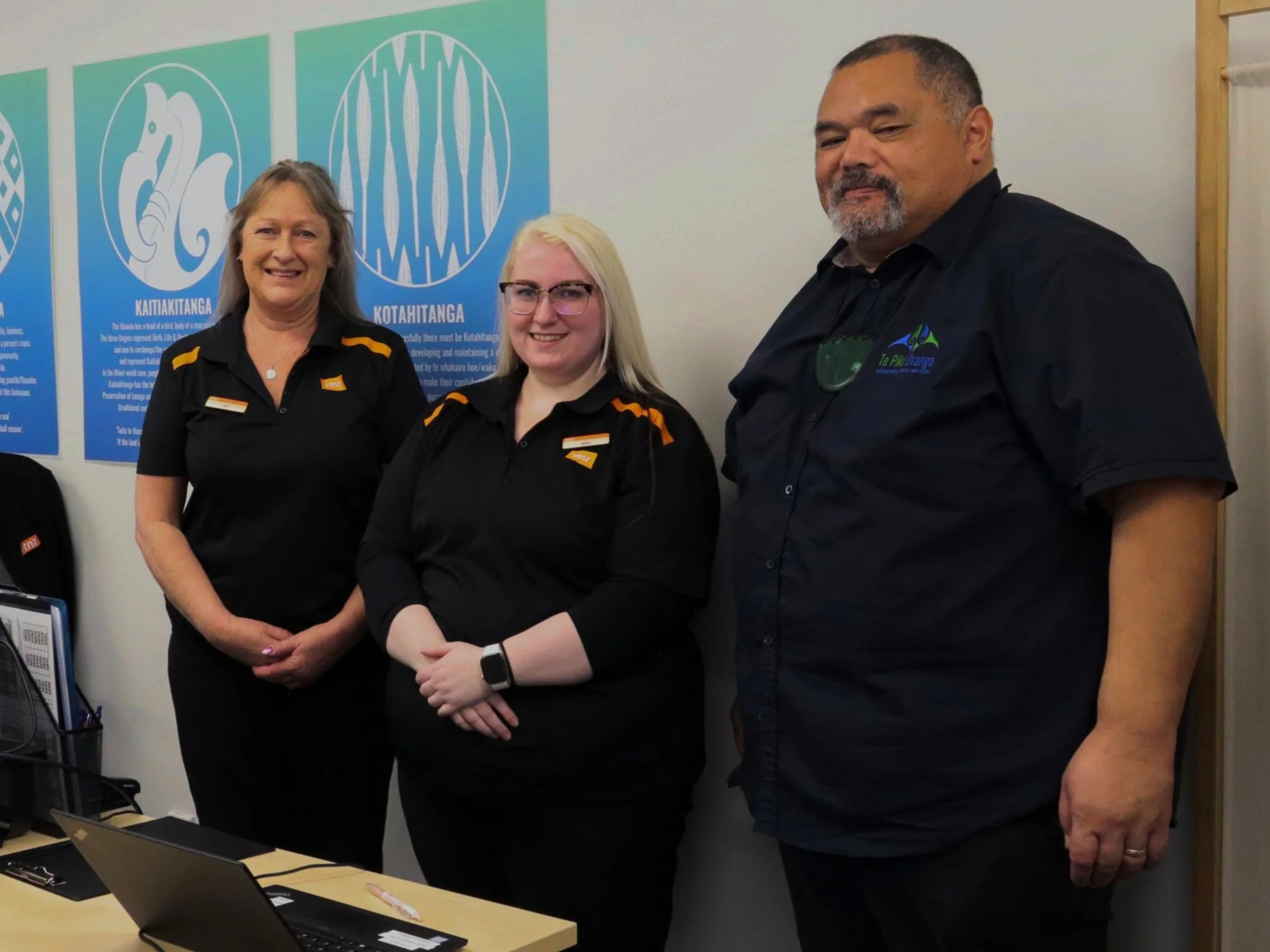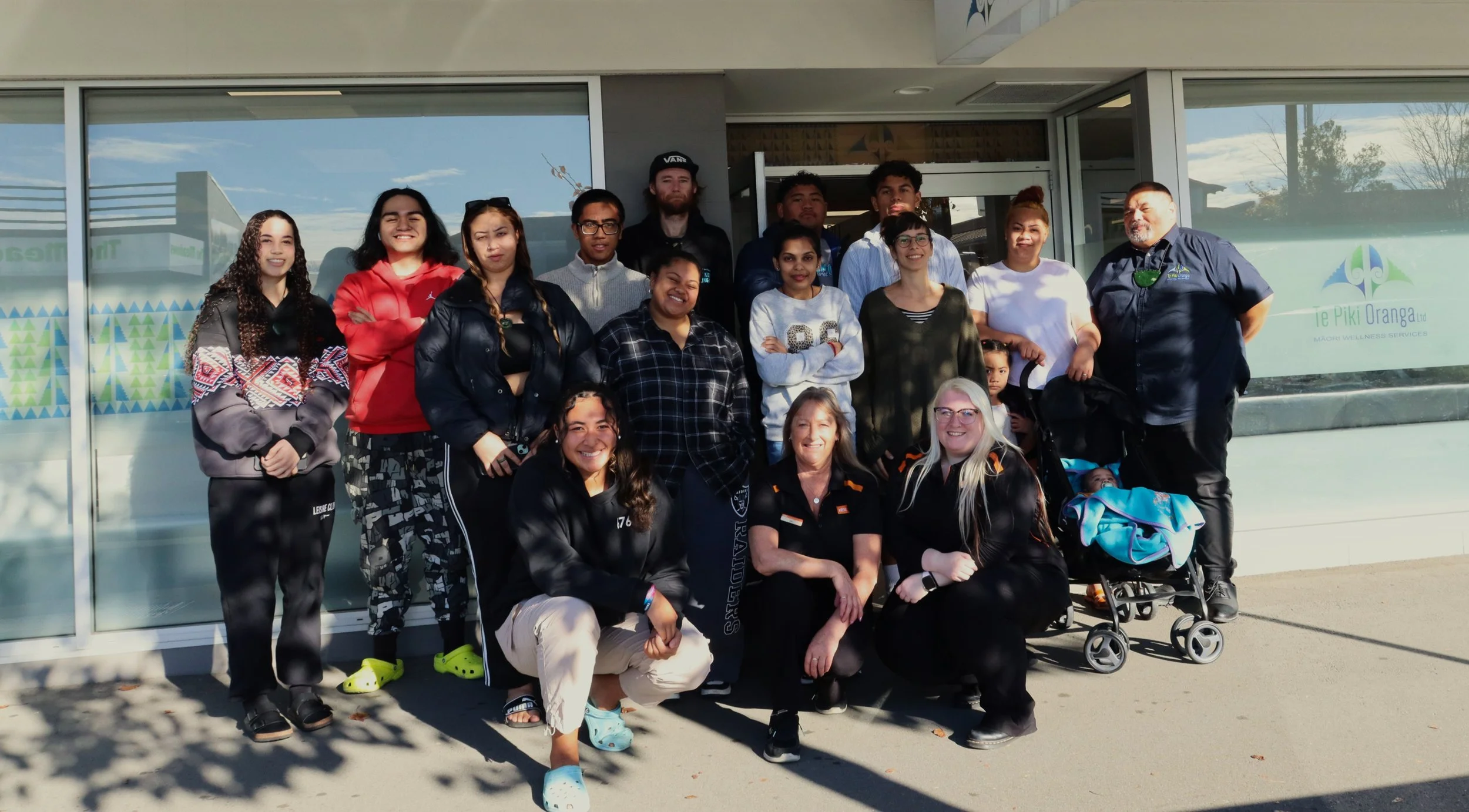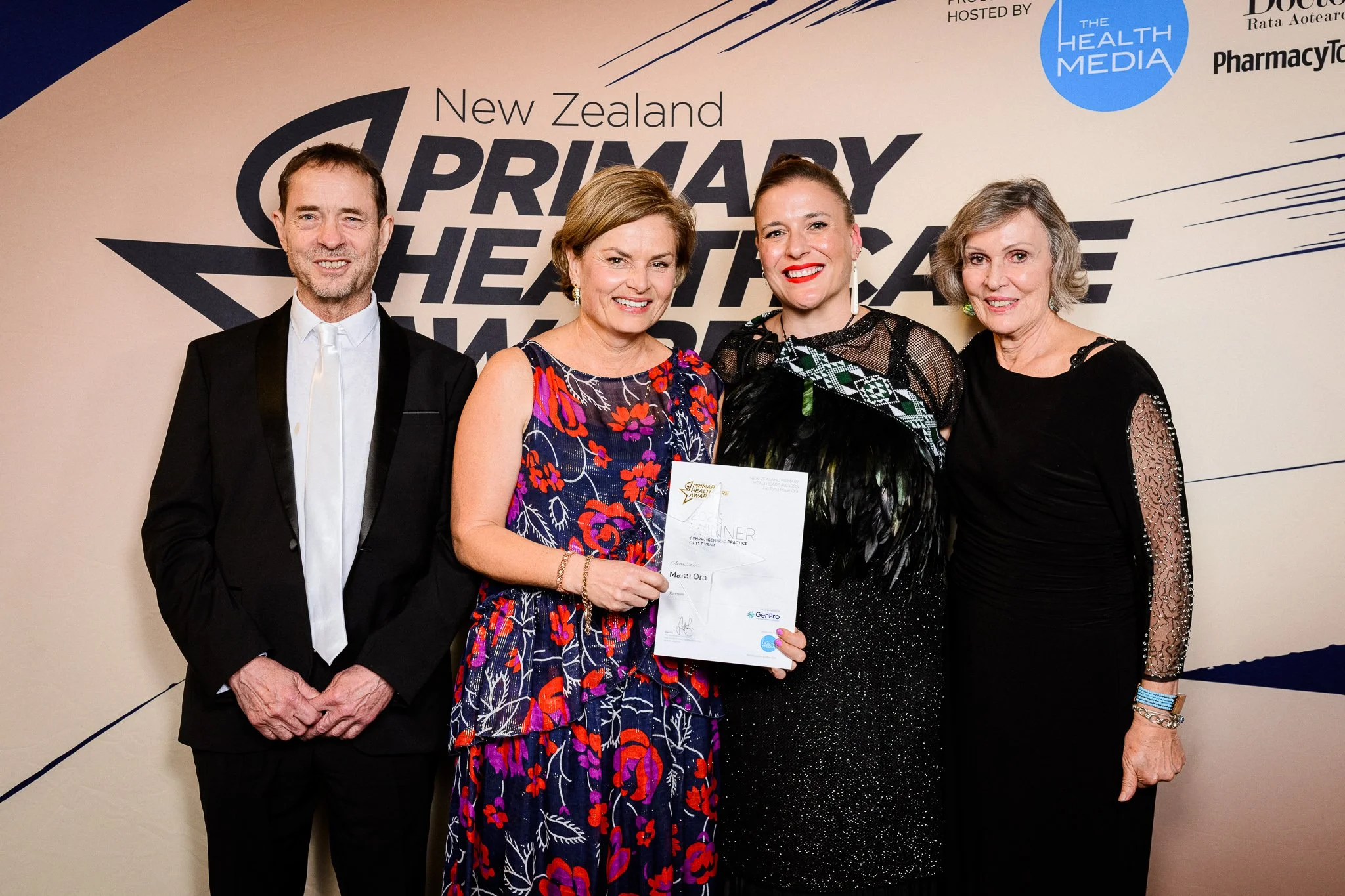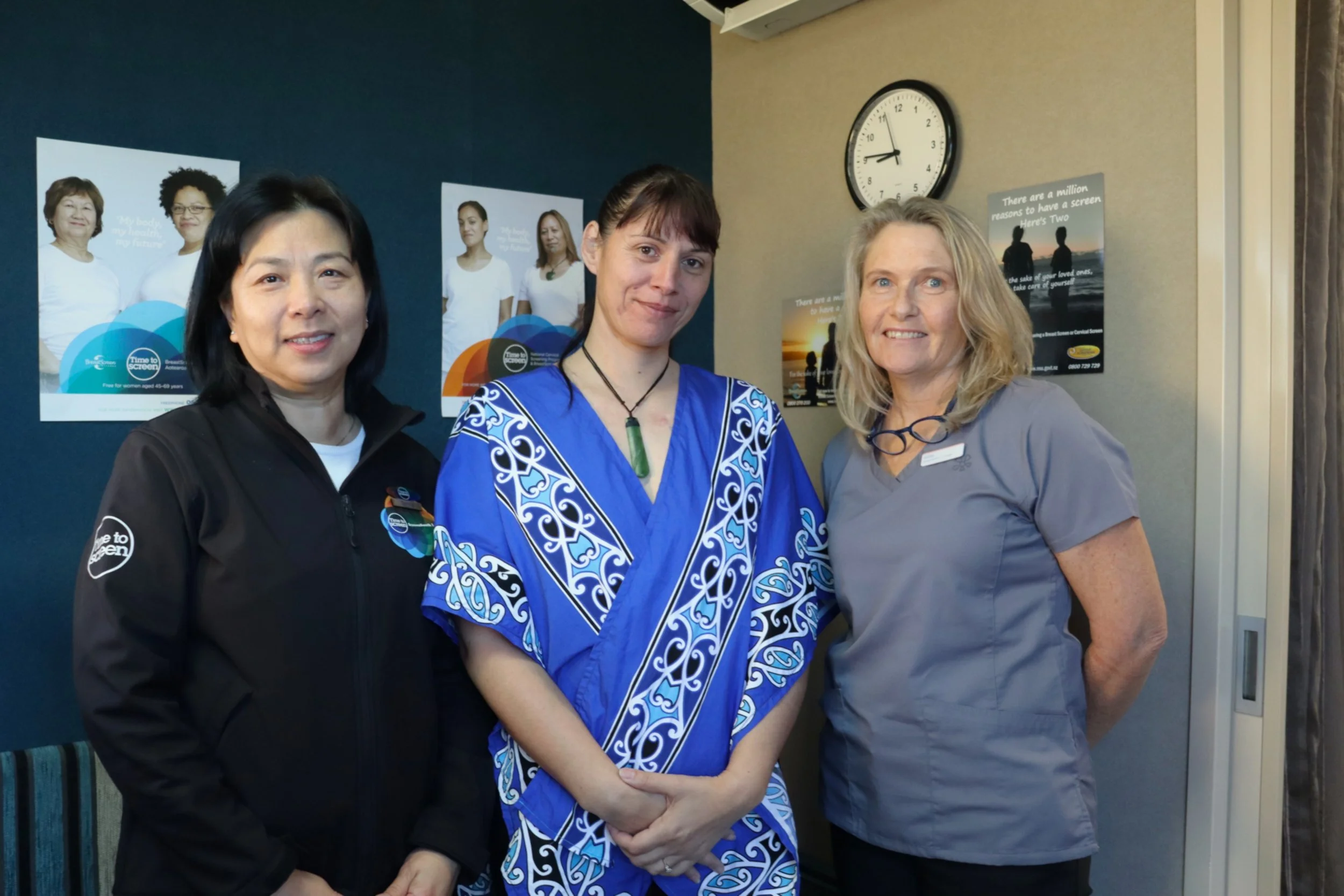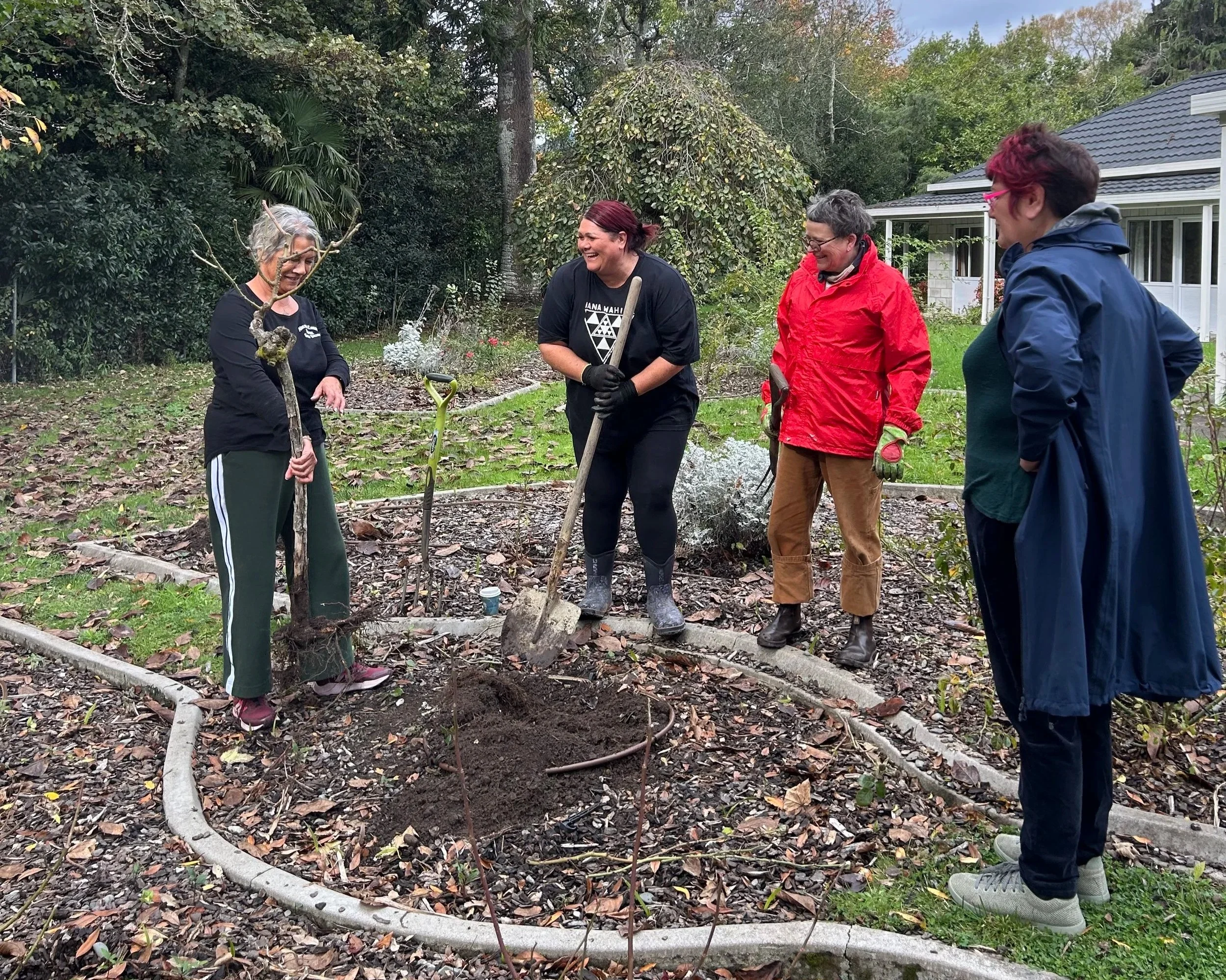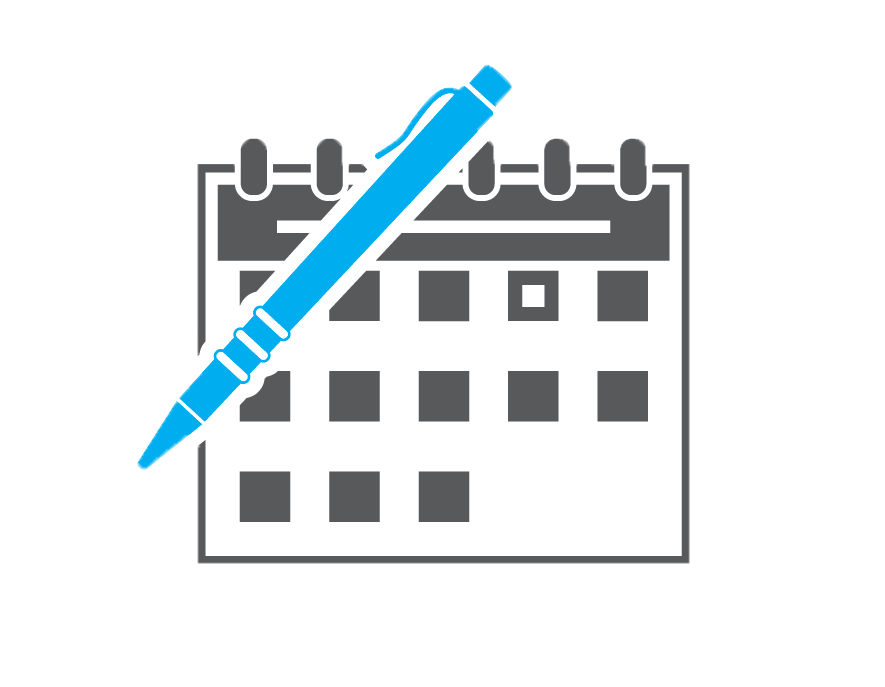Our successful Tikanga Māori Motivational Programme has been funded for a further four years by Ara Poutama Aotearoa, Department of Corrections.
Ara Poutama refers people on sentence with Corrections in the community in Te Tauihu o te Waka-a-Māui (Nelson, Tasman, Marlborough) into the programme.
The programme aims to reduce re-offending by motivating participants to engage in rehabilitation and change behaviours. Te Piki Oranga delivers the programme as a noho wānanga – an immersive, deep learning experience over three days on a marae.
This year Ara Poutama issued a new Request for Proposals (RfP), for an updated programme. Te Tauihu o te Waka-a-Māui iwi were given the opportunity to submit proposals and iwi members represented on the Ara Poutama selection panel.
We have won contracts to provide the programme for the past eight years. Tumuaki Anne Hobby and Kōtuitui Hapori (Community Co-ordinator) Sonny Alesana have led delivery of the programme since the start and are thankful for the support shown by ngā iwi o te Tauihu.
“Tikanga programmes help break the cycle of offending, and help people to turn their lives around, by strengthening their connection with their culture,” Anne says.
“There are many factors to rehabilitation but an increase in tikanga knowledge and in māramatanga, those breakthrough moments, can motivate someone to address factors behind their offending.”
Referral into the programme is handled by Ara Poutama, with Te Piki Oranga undertaking a pre-programme assessment to determine a participant’s readiness, says Sonny.
“These are not whiteboard sessions, and a noho wānanga is not a holiday either.
“Wānanga are about the doing, active learning. We create an environment, tailored to the group dynamics and participants, around useful learning.
“A Kawa ō te Ako, a set of foundations, protocols and guidelines, is agreed at the beginning of the wānanga and the rules of the host marae are also laid down. Everyone is expected to follow them. There is usually a high degree of respect for the protocols and participants often hold each other to these standards,” Sonny says.
Marae setting integral to immersive learning and experience
Programme wānanga are usually held at marae in Te Tauihu rohe.
“The programme works because of the values of Māoridom and the tikanga of a marae setting,” Sonny says.
“A noho wānanga offers the type of immersive learning and participation that can trigger the start of deep change.
“Learning and testing begins immediately – with the pre-programme assessment that is shaped by the tikanga of mihimihi and whanaungatanga, and from the very start of each day when we are up before dawn to start the day’s work appropriately with karakia, waiata, pepeha practice and kai.
“Wānanga are a group activity, and participants must behave in a way that respects other participants, local marae hosts and our tutors,” says Sonny.
“By the end of the wānanga, participants are leading marae and wānanga tikanga. They are leading waiata and karakia,” Sonny says.
“It doesn’t surprise us what people can learn and achieve and how much they can grow in three days – but it does sometimes surprise the person on this journey. Newly acquired or stronger skills in tikanga and te ao Māori can help someone find their standing in the community which you need when you are getting back into employment, community work and parenting.”
Whānau involvement key to success
Te Piki Oranga is one of only a few providers of Tikanga Māori Motivational Programme for Ara Poutama that offers a programme for participant’s whānau – usually a partner and children.
“The whānau component to the programme is grounded in evidence that the involvement of whānau is influential to successful outcomes,” Anne says.
“We extend the programme to partners and children, giving them access to healing, healthcare, an enhanced connection to their whakapapa and the chance to upskill in tikanga Māori.
“For some, it is a chance to reconnect with a whānau member who has been in the justice system, in a facilitated way,” Anne says.
The journey continues post-programme
Another factor that has made Te Piki Oranga the preferred provider for the Ara Poutama programme is the organisation’s capacity to support participants through their ongoing rehabilitation.
Unmet health and wellness needs are some of many factors leading to offending, says Sonny.
“The programme can reveal a lot. We see undiagnosed or unaddressed hearing loss, chronic health conditions, addictions and deep trauma from years of gang life for example.”
Many Te Piki Oranga kaimahi contribute to the programme, talking with participants about quit smoking services, mental health services, Well Child Tamariki Ora services and more.
Click here for more information about the Tikanga Māori Motivational Programme.

